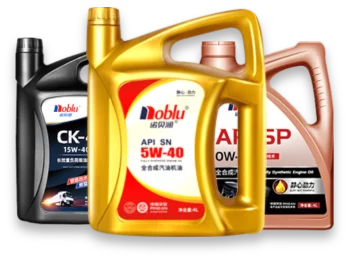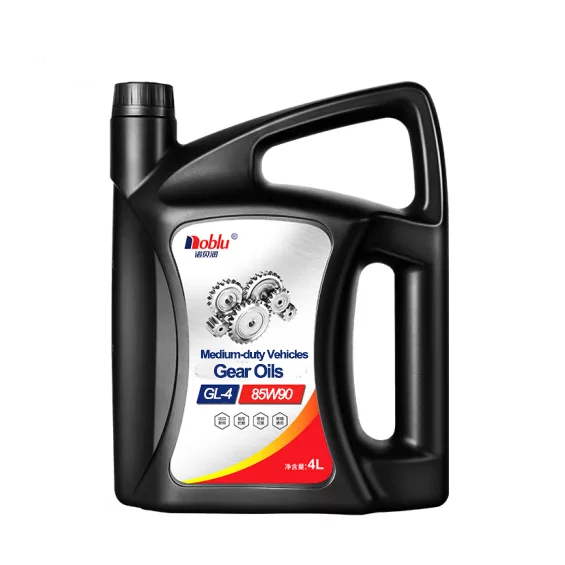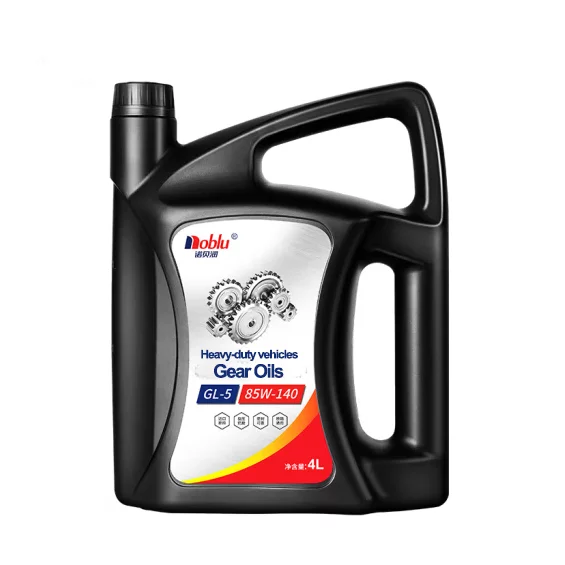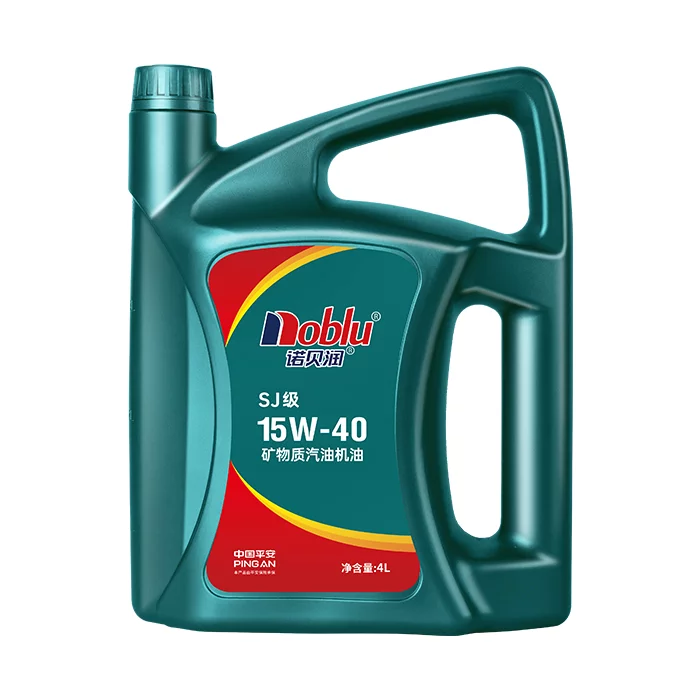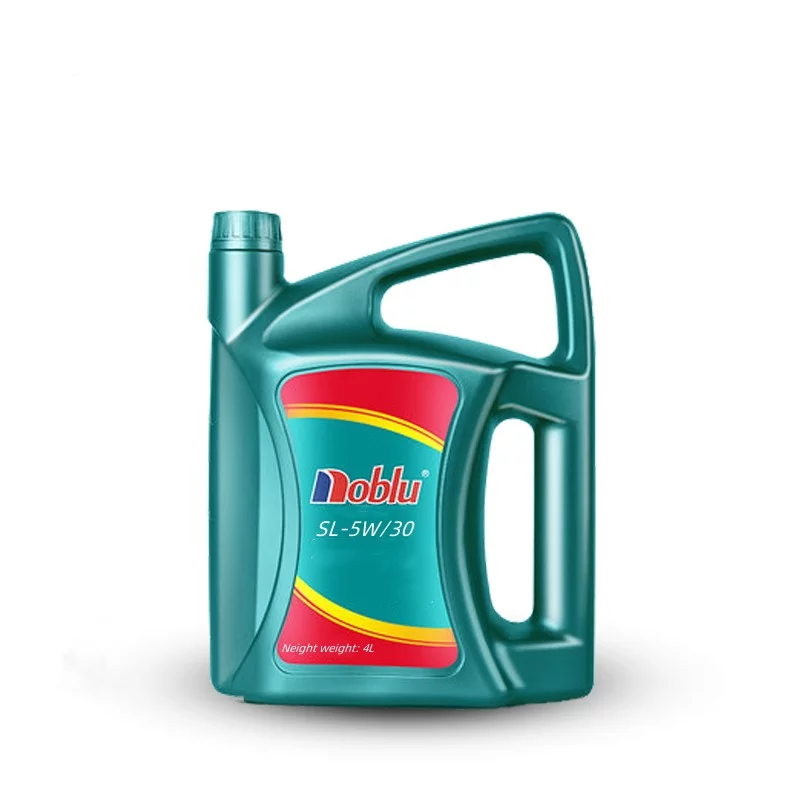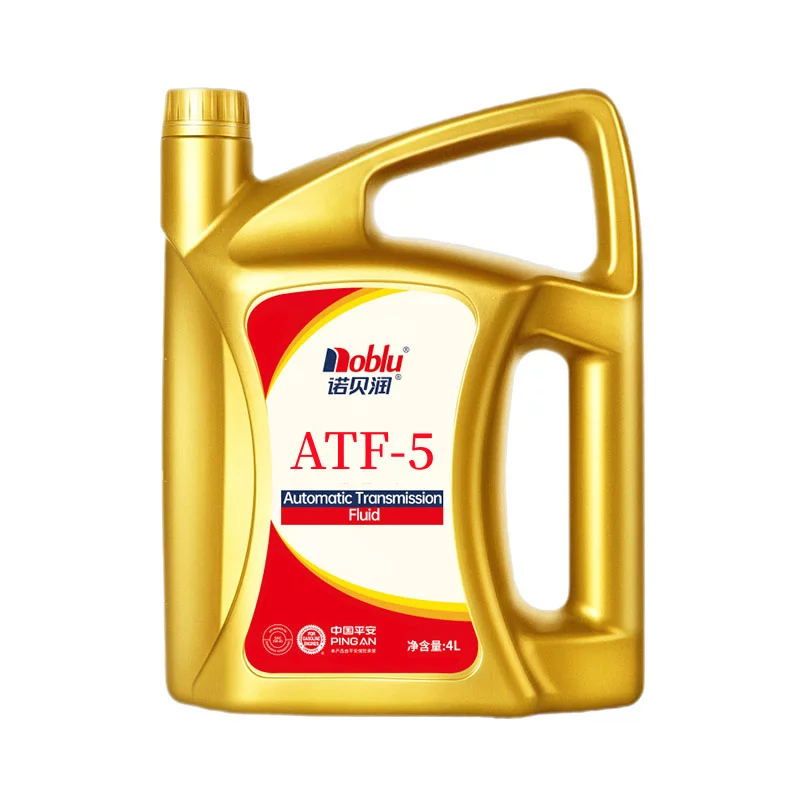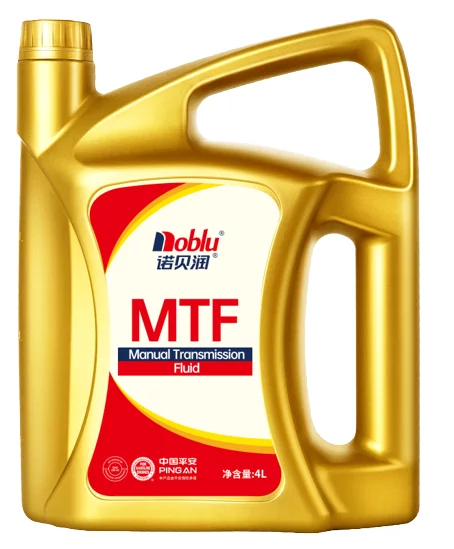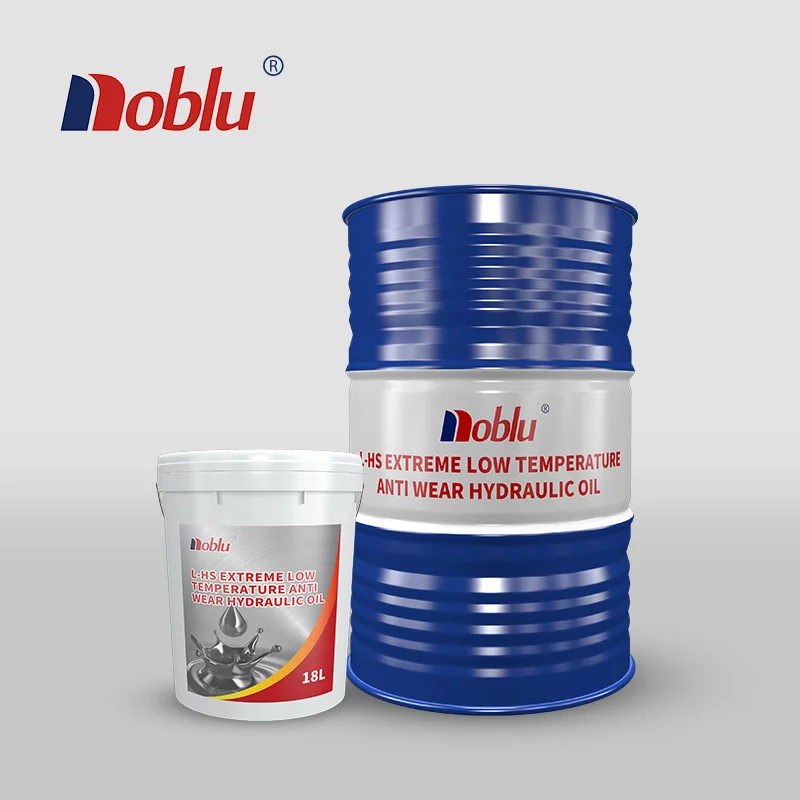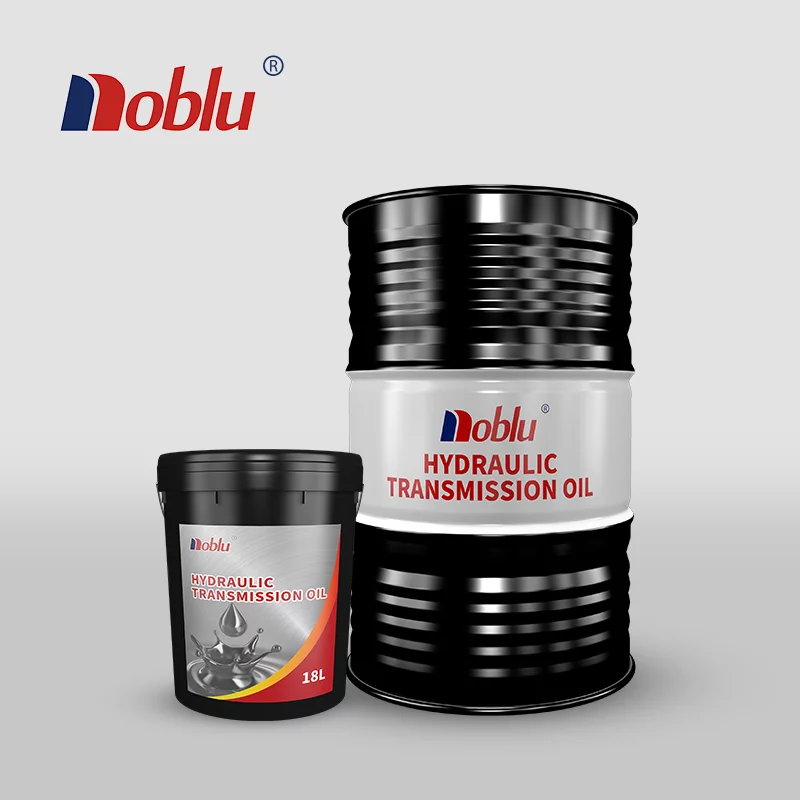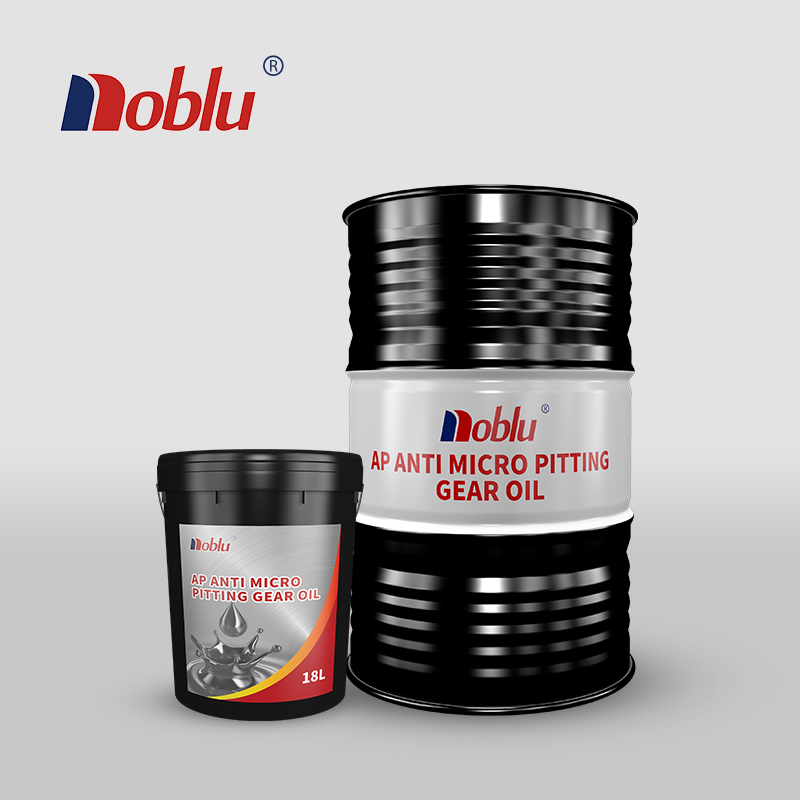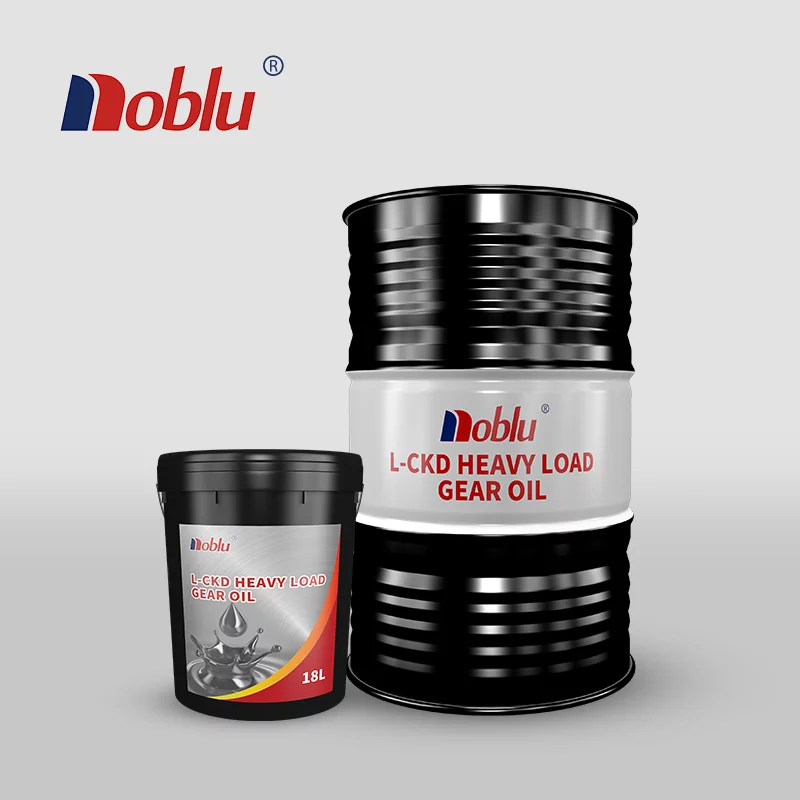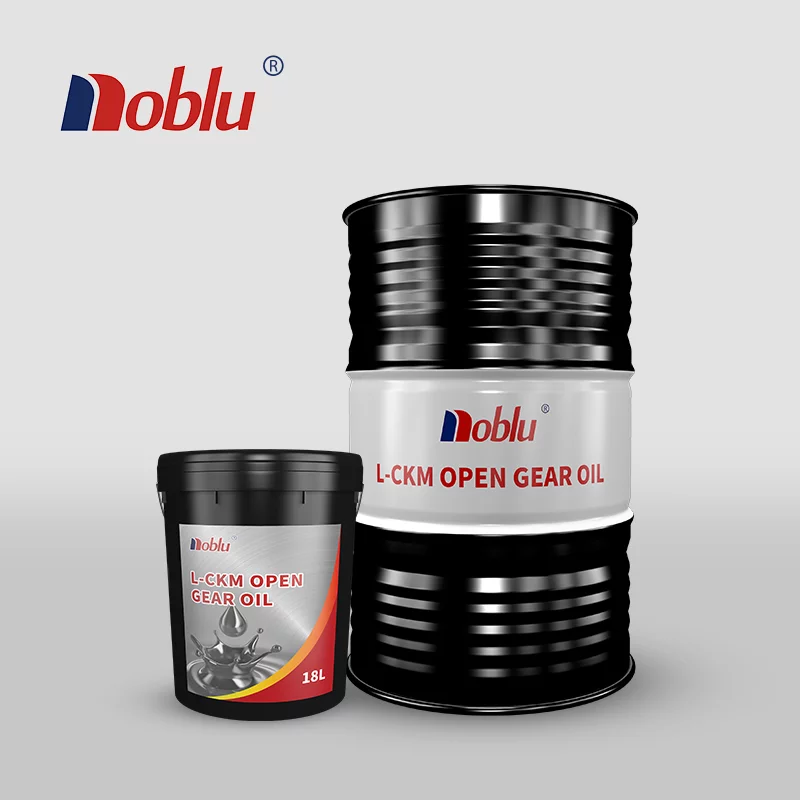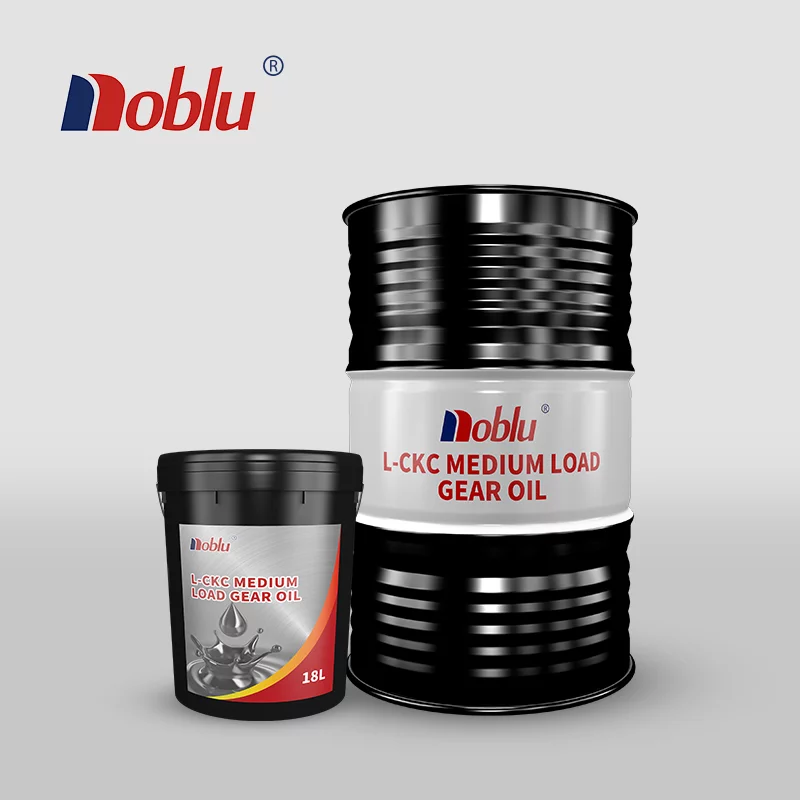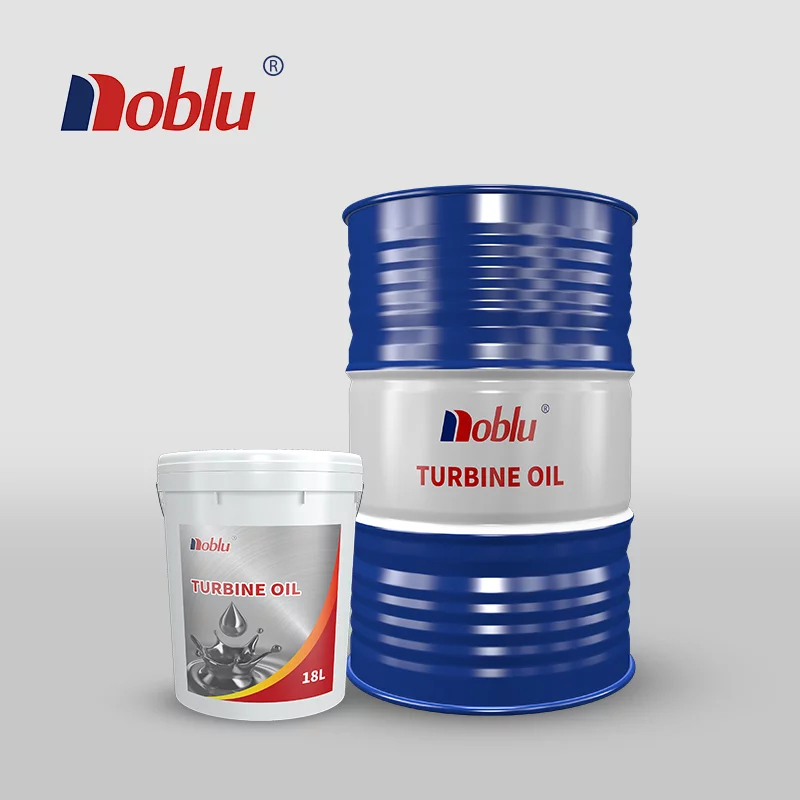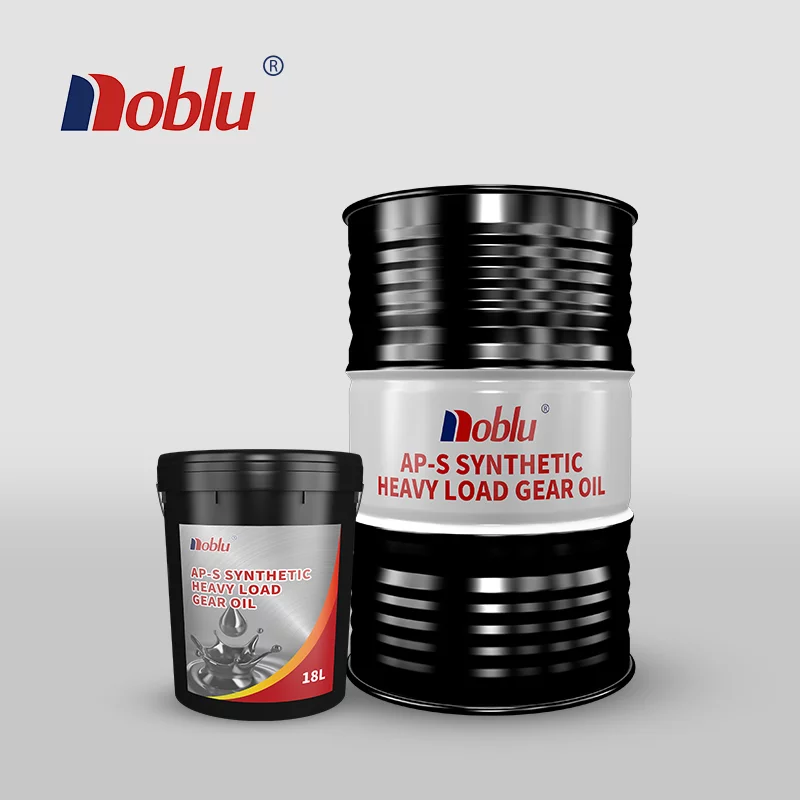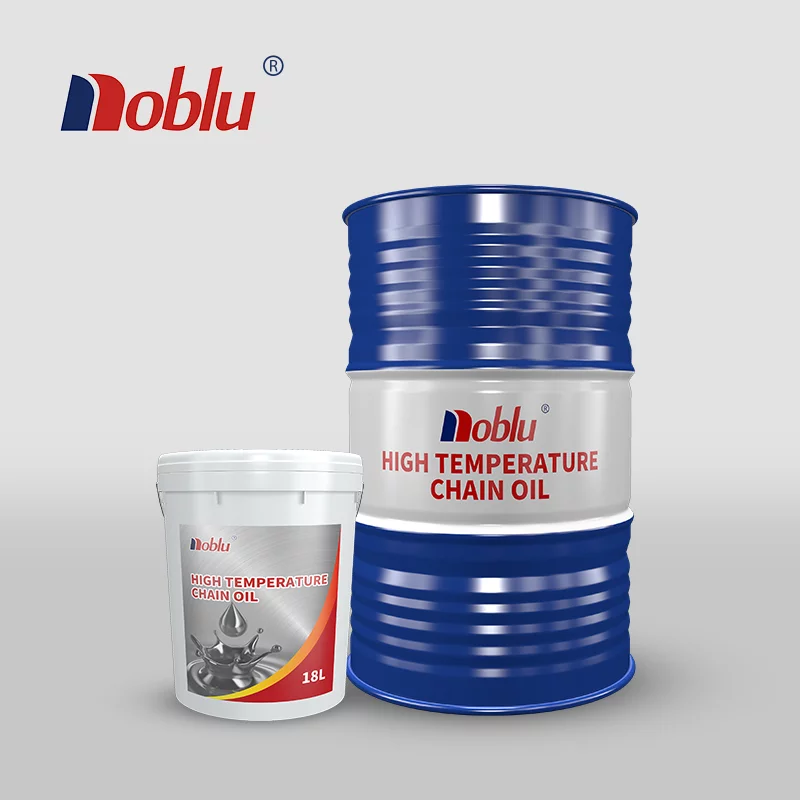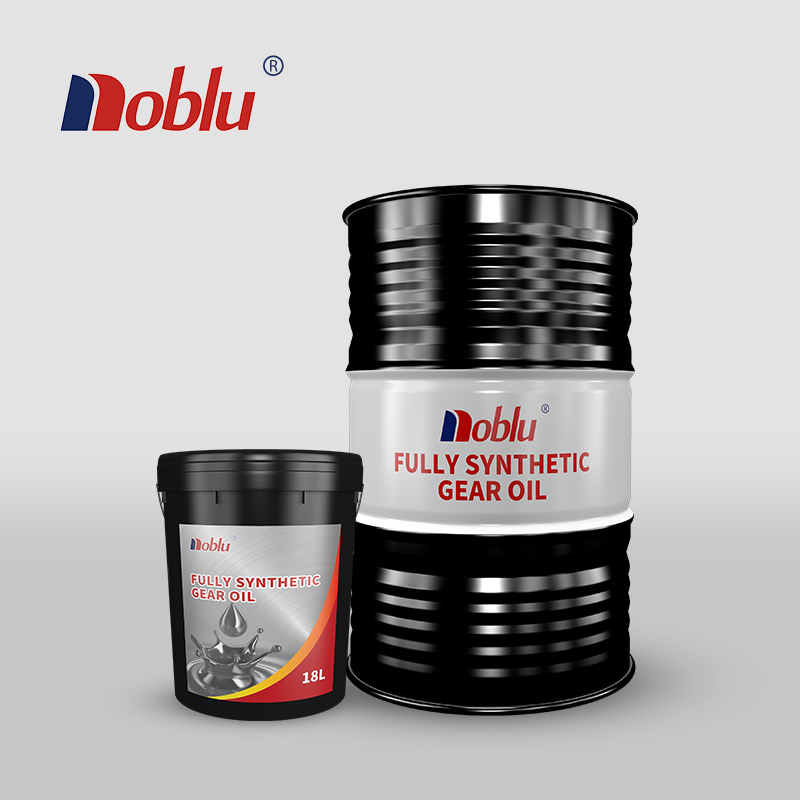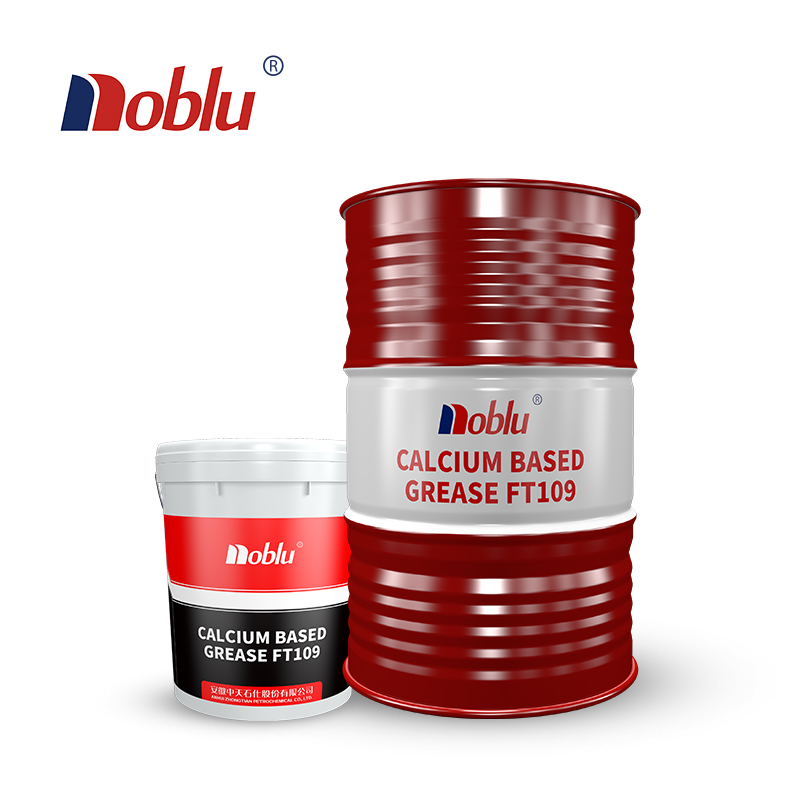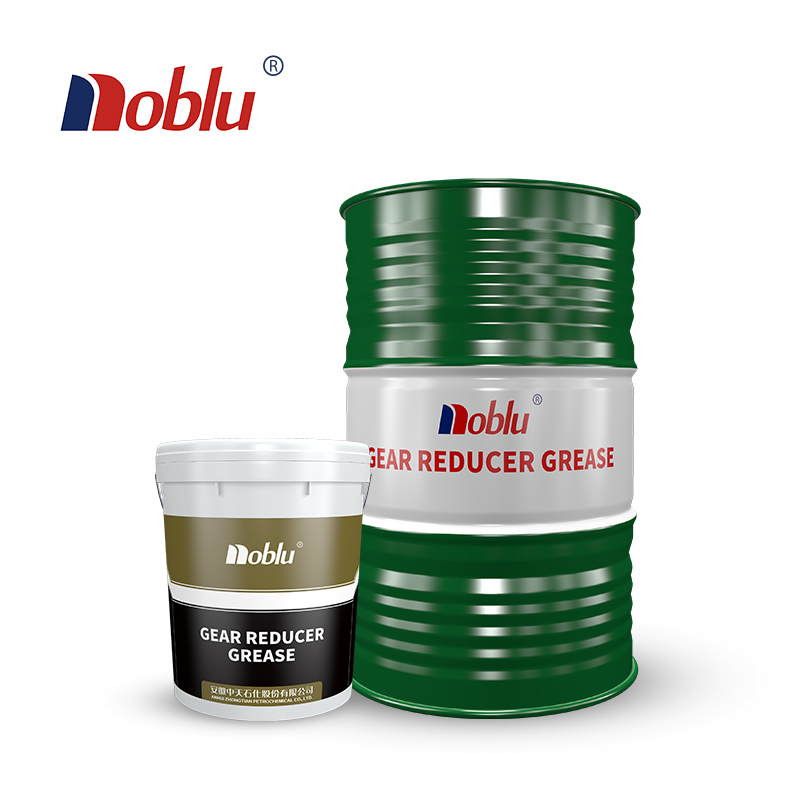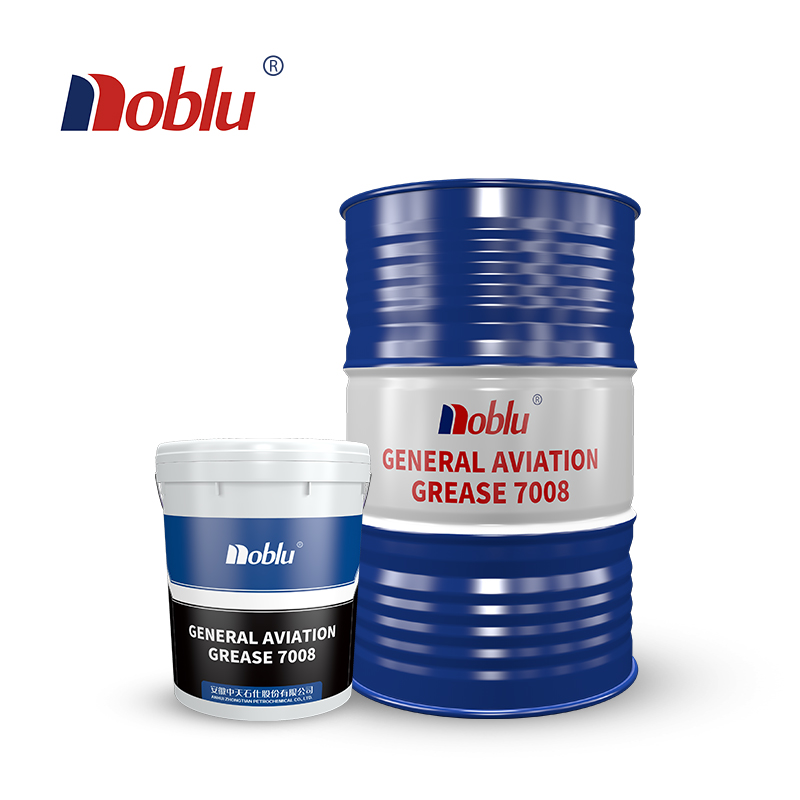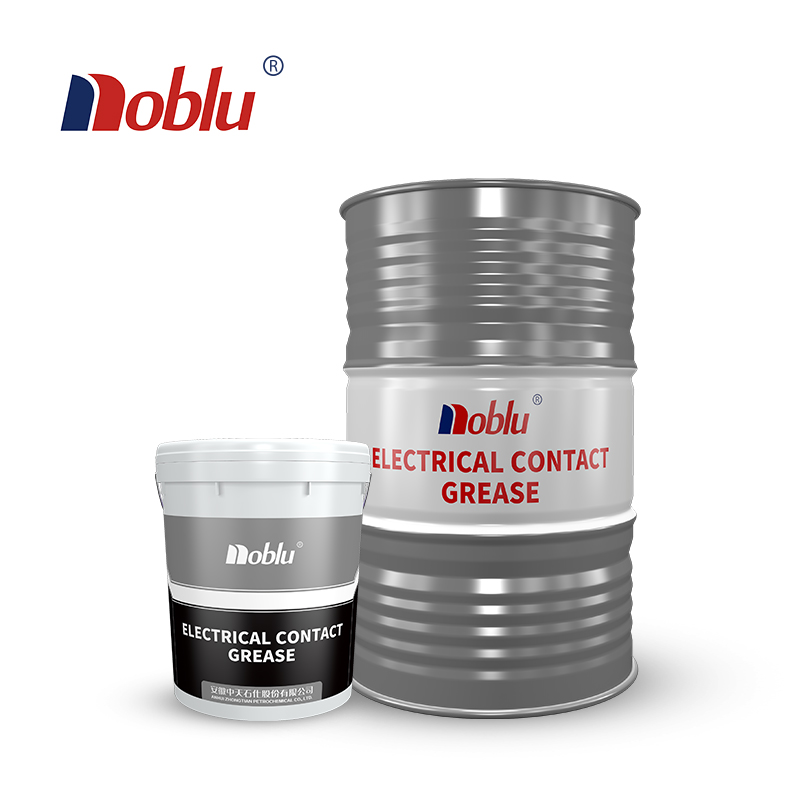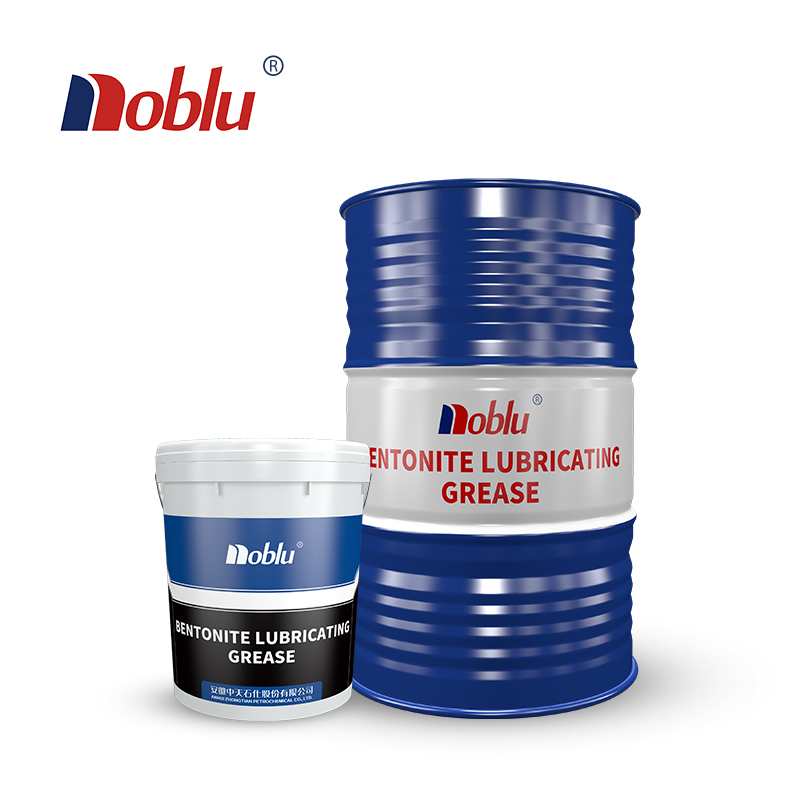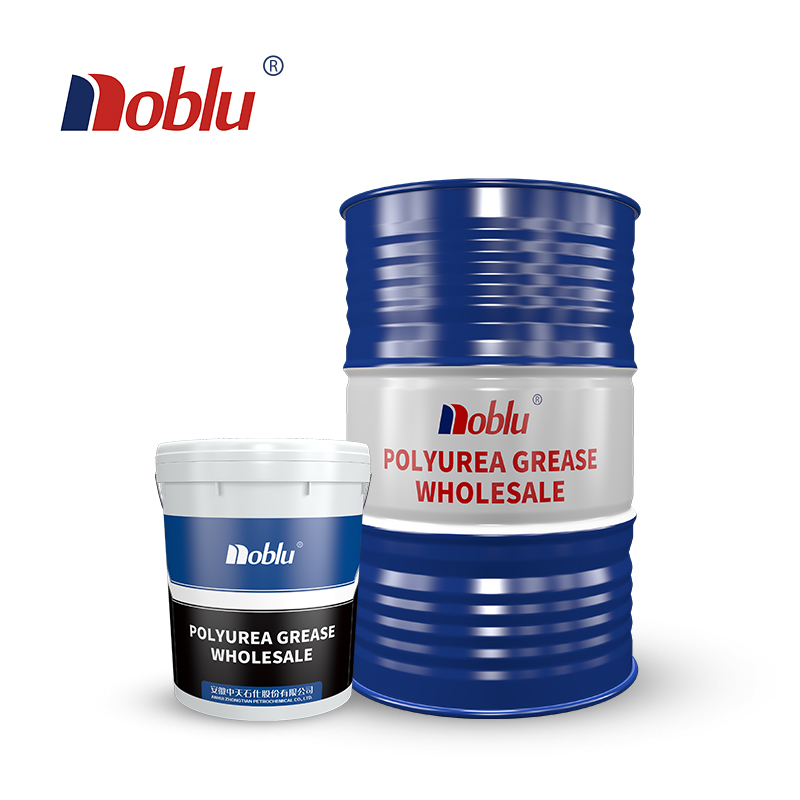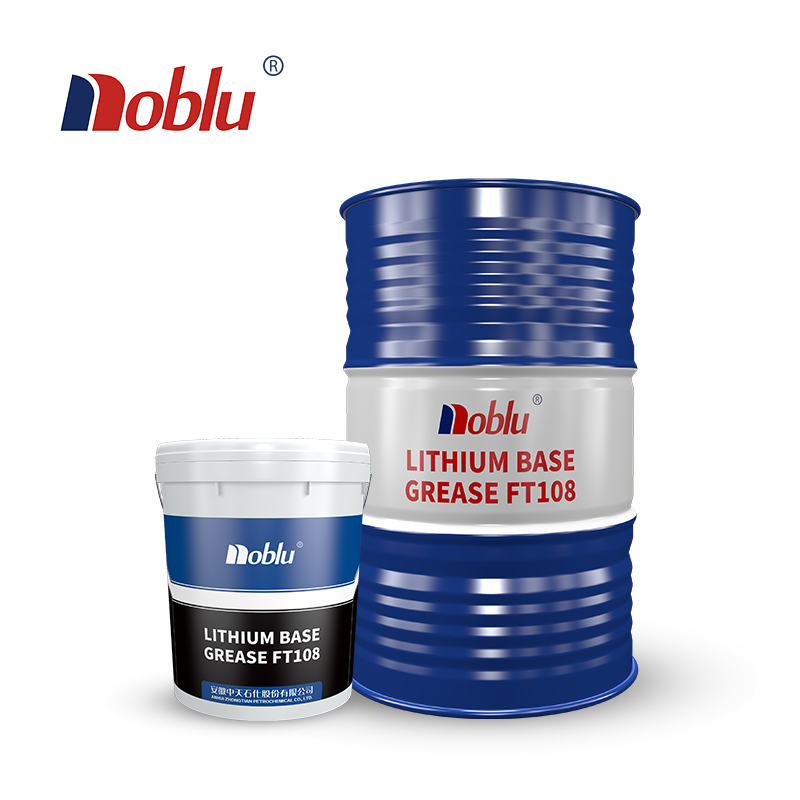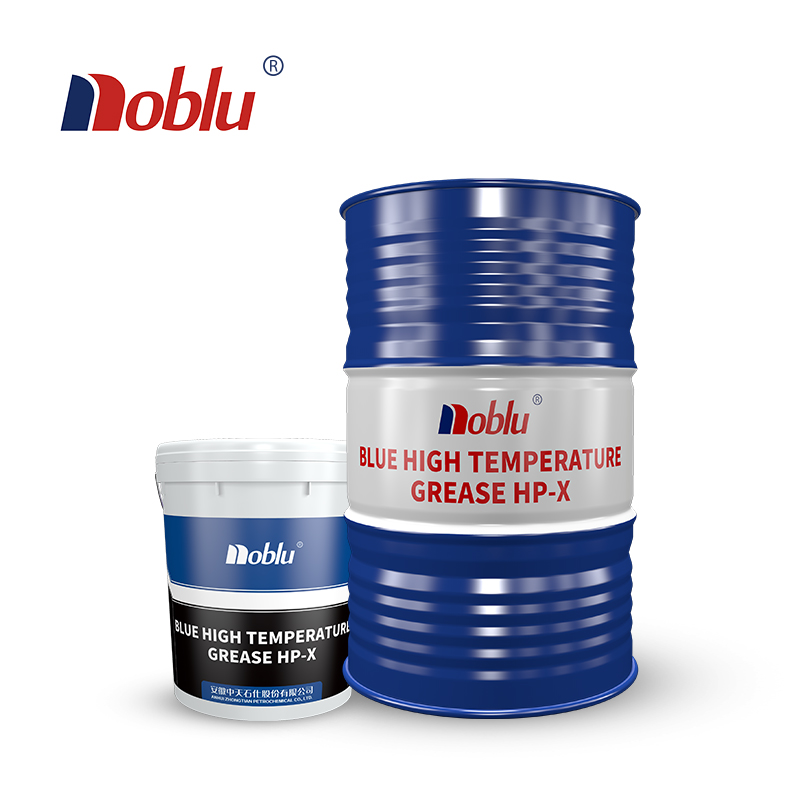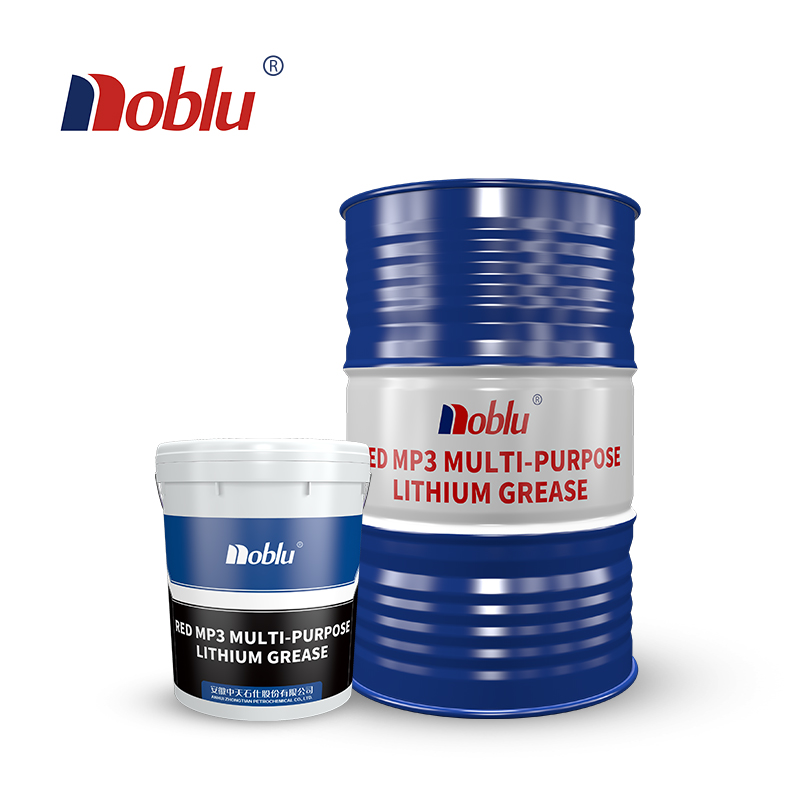What is gear oil?
Gear oil is a specialized lubricant designed for transmissions, providing essential lubrication, cooling, and protection for gears and bearings.
Function of Gear Oil in Cars:
When it comes to maintaining the health and performance of a car's transmission system, gear oil plays a critical role. It acts as a lubricant, coolant, and protector, ensuring smooth and efficient power transfer within the gears. In this article, we will explore why gear oil is important for cars, its functions, and the key considerations in selecting and maintaining it.
First and foremost, gear oil serves as a lubricant in the transmission system. The gears in a car's transmission are subjected to tremendous forces and high temperatures, leading to metal-on-metal contact and friction. Gear oil provides a protective layer between these surfaces, reducing wear and tear, and preventing damage. Proper lubrication ensures smooth gear shifts, reduces noise and vibration, and extends the lifespan of the transmission components.
Additionally, gear oil acts as a coolant by dissipating heat generated during gear operation. As gears rotate and engage with each other, heat is produced due to friction. Excessive heat can lead to premature wear of gears, seals, and bearings, compromising the performance and longevity of the transmission. Gear oil with good thermal stability and high viscosity index helps to regulate temperature, preventing overheating and ensuring optimal performance even under demanding conditions.
Moreover, gear oil provides protection against corrosion and rust. The transmission system is exposed to moisture, contaminants, and oxidizing agents that can cause metal surfaces to corrode over time. Gear oil contains additives that form a protective film on gear surfaces, inhibiting corrosion and extending the lifespan of the transmission components.

Factors to Consider When Selecting Gear Oil:
When selecting gear oil, it is essential to consider factors such as viscosity, additives, and compatibility with the transmission system. Viscosity refers to the oil's resistance to flow at different temperatures. It is crucial to select gear oil with the proper viscosity grade recommended by the car manufacturer to ensure optimal lubrication across various operating conditions. Furthermore, gear oil additives enhance the oil's performance and protection capabilities, improving lubricity, reducing wear, and preventing gear surface damage under high load conditions.
Maintenance and Replacement of Gear Oil:
Regular maintenance of gear oil is essential for optimal performance. Over time, gear oil can become contaminated with metal particles, debris, and moisture, affecting its lubricating properties. Regular oil changes, as recommended by the car manufacturer, help maintain proper lubrication and extend the life of the transmission system. Signs of worn-out or contaminated gear oil include noisy gear operation, shifting difficulties, and burnt smell. Choosing the right gear oil for replacement is essential, following the gear oil manufacturer's recommendations to ensure optimal performance.
Conclusion:
In conclusion, gear oil plays a critical role in ensuring the smooth operation, longevity, and protection of a car's transmission system. Its functions as a lubricant, coolant, and protector are crucial for optimal gear performance. Proper selection and maintenance of gear oil are essential for preserving the health and efficiency of the transmission system. By understanding the importance of gear oil, car owners can take proactive measures to enhance their vehicle's performance and durability.

